Pilatus PC-7 Royal Netherlands Air Force Model
Production Time 8 to 10 weeks
Shipment is by FedEx, UPS or DHL International Express Courier with a normal door-to-door delivery time worldwide of within 2-3 business days after dispatch. Due to the current volatility of world fuel prices, the amount mentioned here is our best estimate for DHL and UPS and may be subject to change at the time of shipping.

Product statistics
Length: 17 in (43.2 cm)Wingspan: 17 in (43.2 cm)
Height: 5.6 in (14.2 cm)
Scale: 1:23
USD $219.50
Manufacturer: Pilatus
Production Time 8 to 10 weeks
-
United States dollar ($)
-
Pound sterling (£)
-
Euro (€)
-
Australian dollar ($)
-
Canadian dollar ($)
-
Singapore dollar ($)
-
Swiss franc (CHF)
-
Japanese yen (¥)
-
Danish krone (kr.)
-
Hong Kong dollar ($)
-
Norwegian krone (kr)
-
Swedish krona (kr)
General Product Description
Our MyMahoganyModel Pilatus PC-7 Royal Netherlands Air Force Model exhibits unique, unrivaled quality and detailed design to come as close as possible to the accuracy of the actual plane. It comes as standard with a robust, durable base or stand which is available in a variety of different finishes designed to match your own personal requirements including solid wood, wood with polished metal supports or adjustable wood wall mount and will be ready within about 8-10 weeks from placement of order.
The Pilatus PC-7 Royal Netherlands Air Force Model is made of the finest kiln dried renewable mahogany wood (commonly known as Lauan or Meranti) which has undergone many stages of carving and meticulous and careful sanding giving the beautiful, finished museum quality masterpiece. Many collectors and model connoisseurs demonstrate their preference for genuine handmade and hand painted mahogany wood models rather than plastic or die cast (diecast) alternatives due to the overall look and totally different feel of the item - we trust you will find the same. We can however, if required produce the same model in Solid Cast Resin so just click and contact us for further information. Our craftsmen and gifted artisans ensure that our finely handcrafted model airplanes match the precise blueprint details of the original aircraft. The paint scheme, markings and parts are closely matched, reflecting the original aircraft. This stylish top-quality desktop replica model will surely enthrall anyone who receives this as a gift and for sure one of the most appropriate and desirably collectable gifts for any military aviation enthusiast and avid aircraft collector whilst also displaying a perfect resemblance to the actual real life version.
There are many types of military propeller aircraft, but the basic types are bombers, fighters, fighter bombers, spotter planes, transporters, patrol aircraft, trainers, and reconnaissance and observation aircraft. All these types of aircraft are used for different types of missions. If you're a fan of historic or present-day military aviation, our model aircraft will bring the excitement and character of these aircraft right into your own home. You can order a wood airplane model of a North American B-25 Mitchell Bomber, a B17 - Flying Fortress, or a P-51 Mustang Nervous Energy V not forgetting the Bf 109, Spitfire, FW 190, A6M Zero, P-38 and F4U. These classic, propeller airplane models are of the highest quality. Each is individually crafted by our expert craftsmen. They produce handmade scale mahogany airplane models of the finest aircraft from World War I and II to present day biplanes and triplanes.
If you require, we can also make the Pilatus PC-7 Royal Netherlands Air Force Model in any other military, government or even private livery or colour scheme you require and if necessary, in a different size or scale. Just click here to contact us with a description or photographs of what you require, and we will let you have a quotation for the necessary customization by return email. We can also make bespoke scale replicas of any other private / civil commercial airliner or airliners, helicopter, glider, gliders with engines, military jet, warplane jets, biplane, triplane, tail fin, spacecraft, rocket or NASA model you require in any airline, military or civilian livery or colors. We also produce model airships, blimps, dirigibles, blimps, boats, and ship collectibles. Wall plaque or seal for military, government or private customers. Again, by clicking here to contact us just let us know exactly what you need.
The Pilatus PC-7 of the Royal Netherlands Air Force
The Pilatus PC-7 Turbo Trainer is a remarkable aircraft that has made significant contributions to the aviation industry. This low-wing tandem-seat training aircraft, designed and manufactured in Switzerland by Pilatus Aircraft, is capable of all basic training functions, including aerobatics, instrument, tactical, and night flying.
Origins and Development
The PC-7 was developed from the preceding piston-powered Pilatus P-3. The initial prototype was produced from the existing prototype P-3, principally differing by the substitution of its Lycoming O-435 engine with a Pratt & Whitney PT6A-20 turboprop power-plant. The modified prototype performed its maiden flight on 12 April 1966.
However, the PC-7 programme was abruptly shelved following an accident involving the aircraft. The termination of work was reportedly driven by a lack of market interest. But the programme was revived in 1973 due to factors like the 1973 oil crisis, the launch of the rival Beechcraft T-34C Turbo-Mentor, and the increasing age of existing trainer aircraft.
Features and Capabilities
The PC-7 is a two-seat basic trainer aircraft, powered by a PT6A-25A engine rated at 410 kilowatts (550 shaft horsepower). It is capable of all basic training functions, including aerobatics, instrument, tactical, and night flying. Over one million hours have reportedly been flown by PC-7s worldwide.
The Royal Netherlands Air Force and the PC-7
The Royal Netherlands Air Force is one of the many military operators of the Pilatus PC-7. The aircraft’s robust design, advanced capabilities, and reliable performance make it an ideal choice for training new pilots. The Royal Netherlands Air Force operates several PC-7 aircraft, which are frequently seen in the skies over the Netherlands.
In conclusion, the Pilatus PC-7 is a testament to Swiss precision and engineering. Its adoption by the Royal Netherlands Air Force and other military operators worldwide underscores its value and effectiveness as a training aircraft. As we look to the future, the PC-7 will undoubtedly continue to play a vital role in training the next generation of pilots.
The Pilatus PC-7 is operated by several air forces around the world. Here are some of them:
- Mexican Air Force1
- Indian Air Force123
- South African Air Force124
- Royal Malaysian Air Force124
- Botswana Defence Force24
- Royal Brunei Air Force24
These air forces use the Pilatus PC-7 for various training and operational purposes. It’s worth noting that the aircraft’s reliable performance and cost-effective training solutions have made it a popular choice for air forces worldwide2.
The Pilatus PC-7 holds a unique position in the landscape of training aircraft. Here’s how it compares to similar training planes:
- PC-7 MkII and Texan II: The PC-7 MkII, derived from the Pilatus PC-9, shares a lot of similarities with the Texan II1. The differences lie in the dorsal fin (bigger on the PC-7 MkII) and canopy (two-piece on the PC-7 MkII)1.
- PC-7 MKX and PC-7 MkII: The PC-7 MKX looks very similar to the PC-7 MkII on the outside2. However, the PC-7 MKX offers smart state-of-the-art training capability in the Basic Training segment at unrivalled cost, with outstanding robustness and unmatched reliability3.
- PC-7 MKX and PC-21: Pilatus pitches the PC-7 MKX as a lower-cost alternative to the PC-214. The PC-21 has gained good traction in the region with sales to Jordan, Qatar, Saudi Arabia, and the UAE, where it performs advanced training for students graduating from the PC-74.
In conclusion, the Pilatus PC-7, in its various versions, offers a range of capabilities that make it a competitive choice among training aircraft. Its robust design, reliable performance, and cost-effectiveness have made it a popular choice for air forces worldwide.
| Weight | 6 kg |
|---|---|
| Dimensions | 17 × 17 × 5.6 in |
Be the first to review “Pilatus PC-7 Royal Netherlands Air Force Model” Cancel reply
Related products
Military Airplanes - Propeller
Military Airplanes - Propeller
Military Airplanes - Propeller
Military Airplanes - Propeller
Military Airplanes - Propeller
Military Airplanes - Propeller
Military Airplanes - Propeller
Military Airplanes - Propeller
North American B-25C Mitchell Netherlands East Indies Air Force NEIAF N5-134 Popeye Model

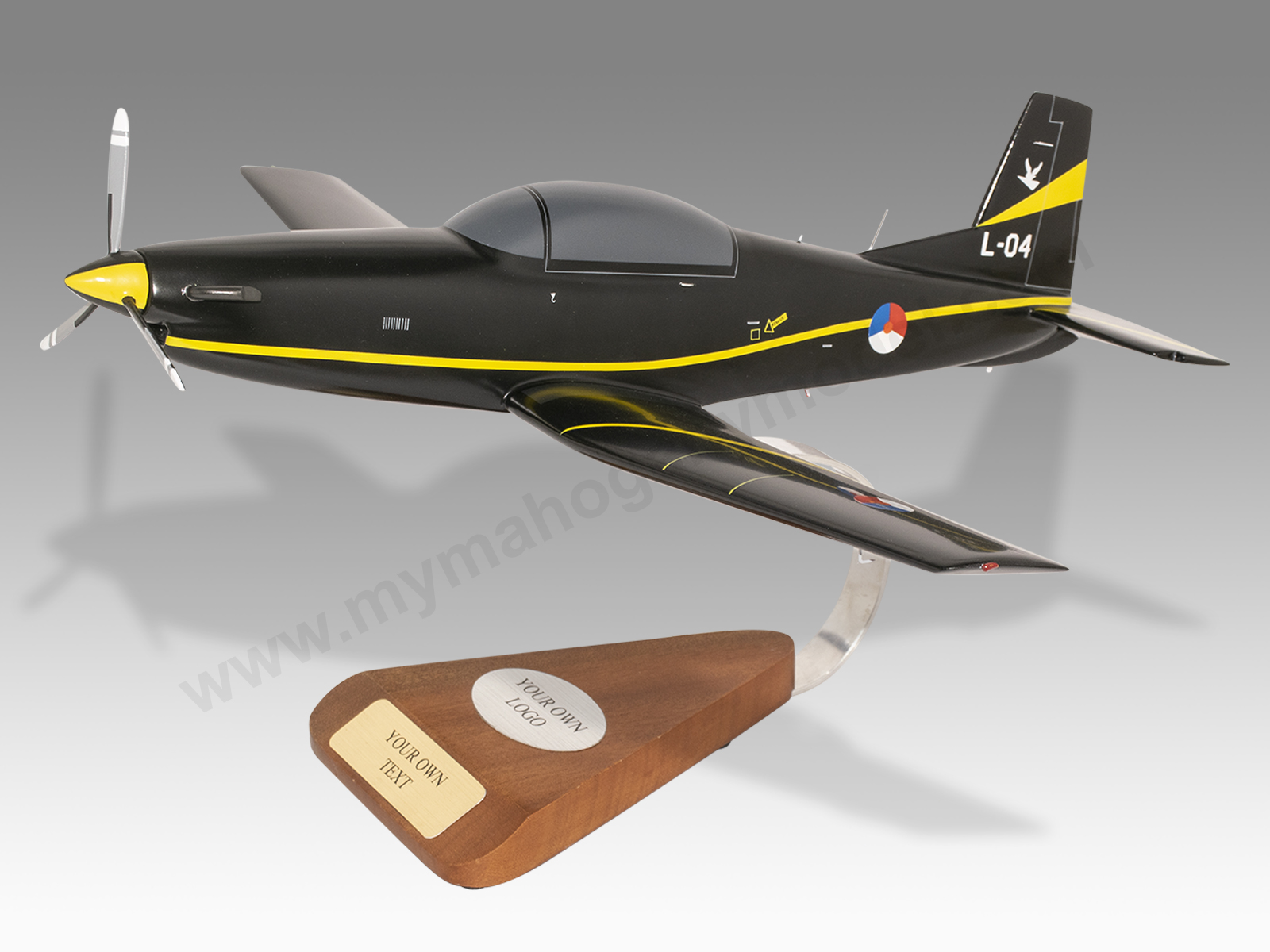
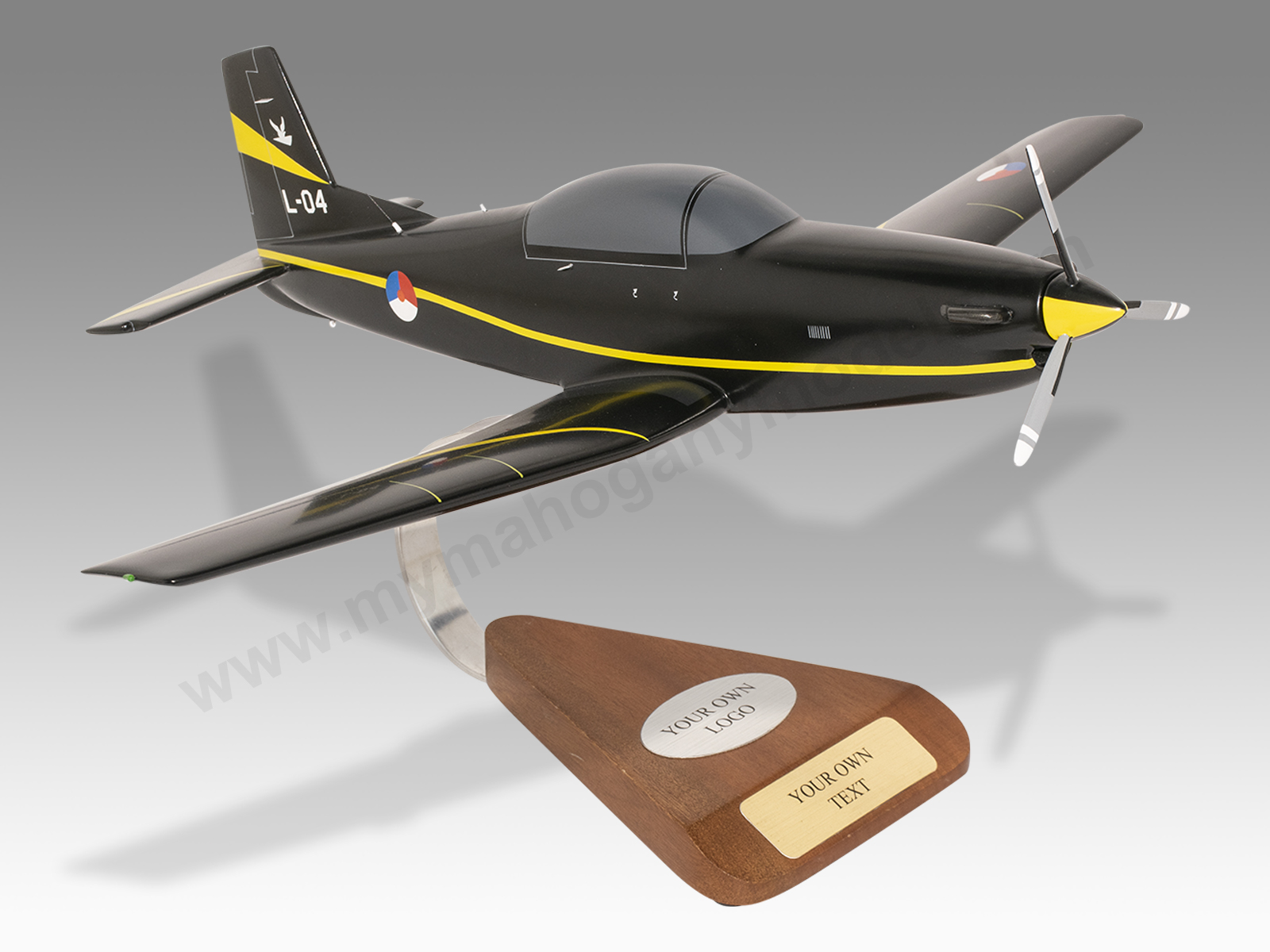
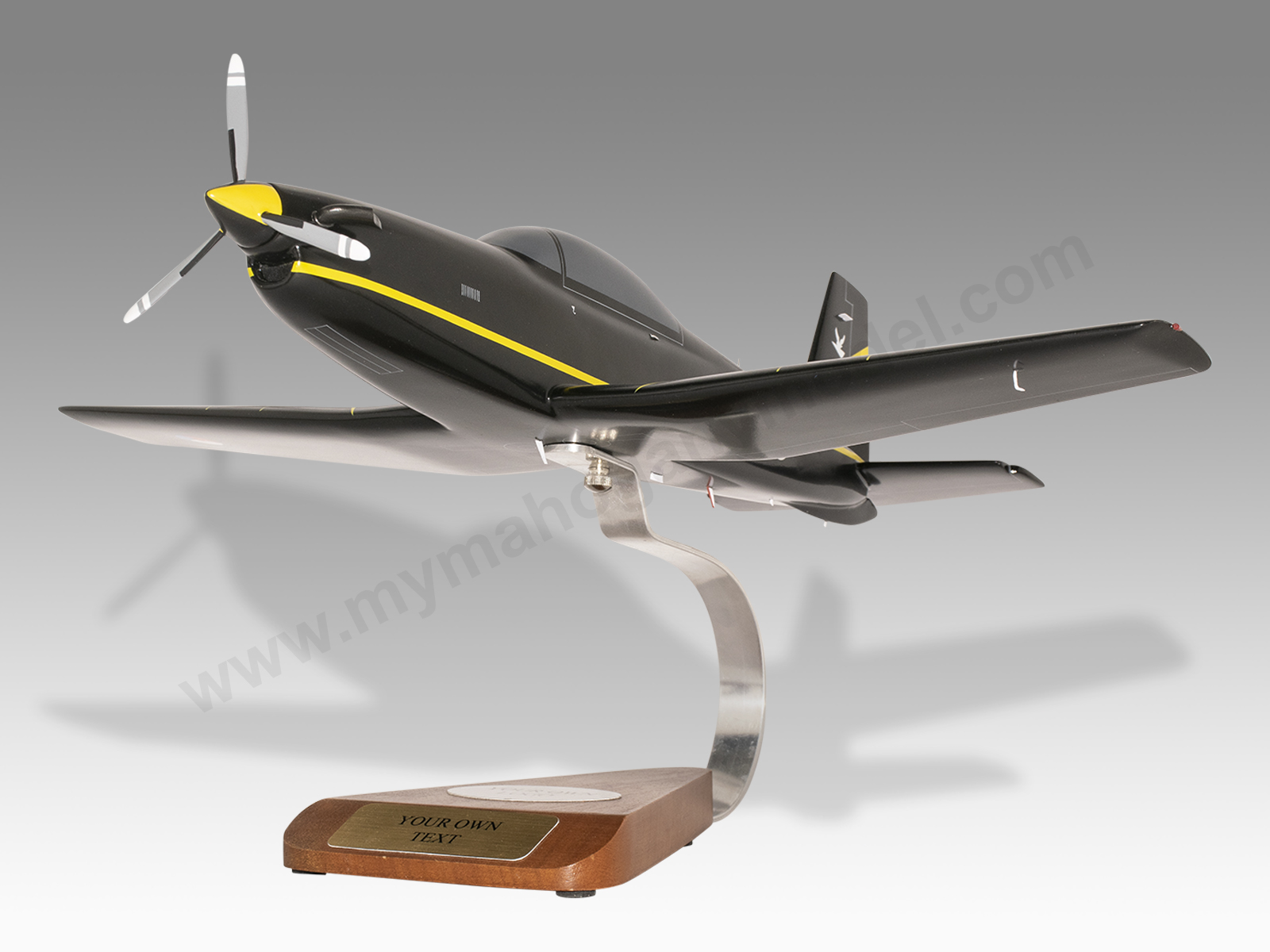
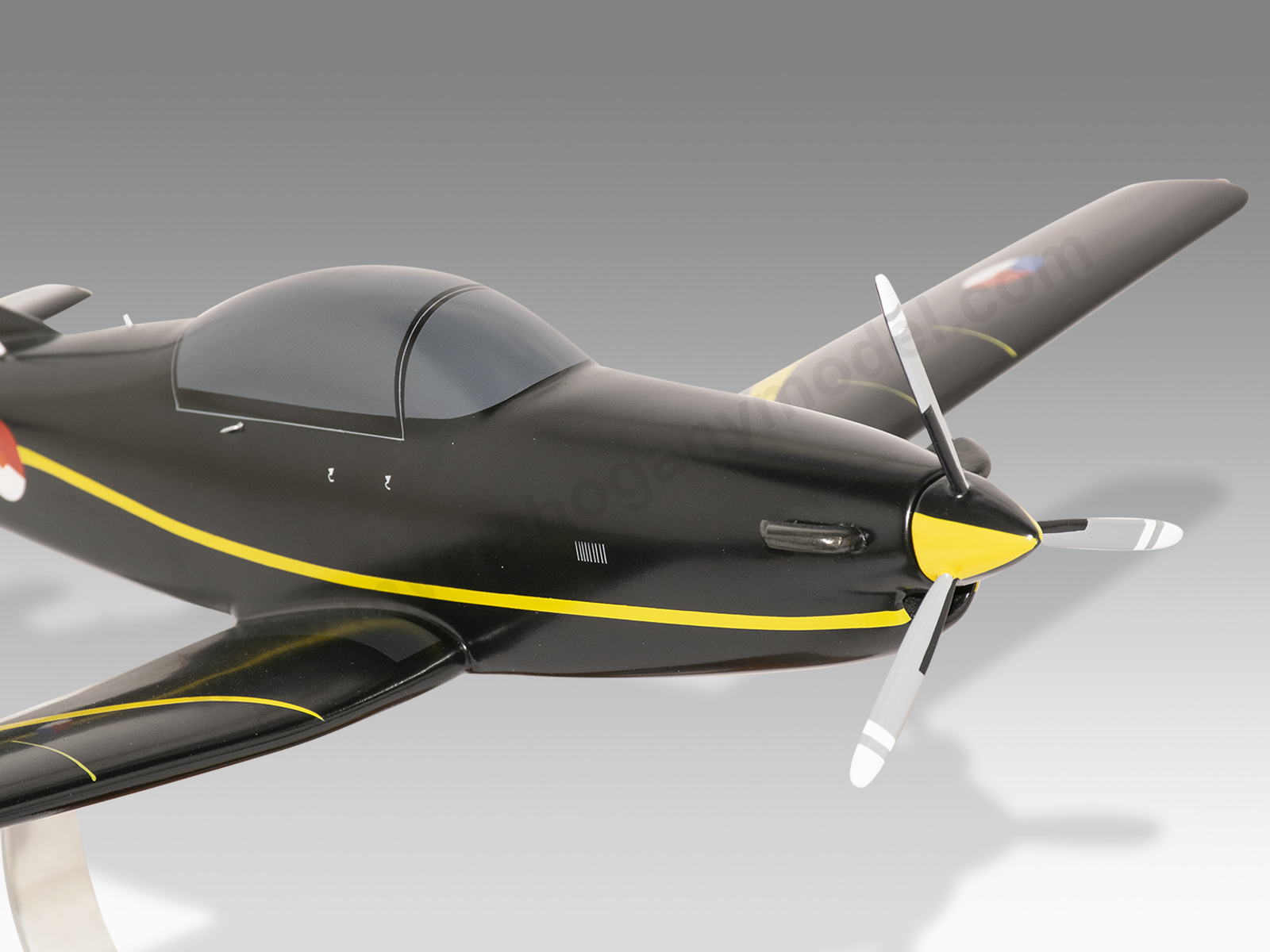
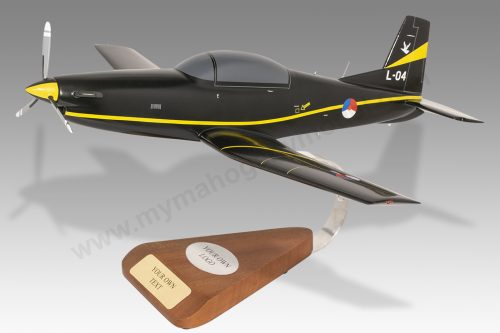
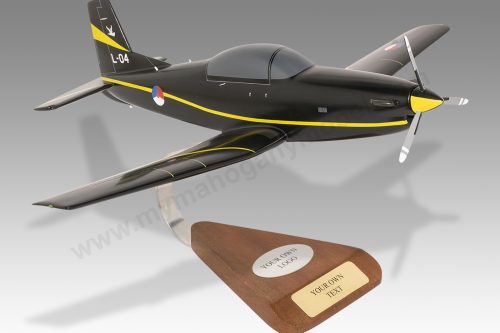
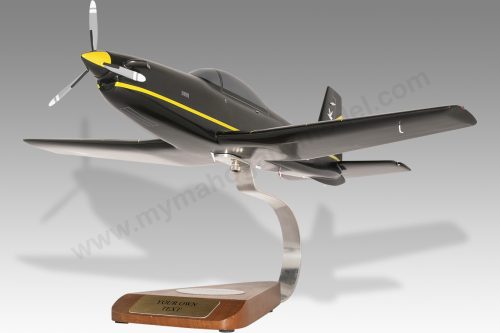
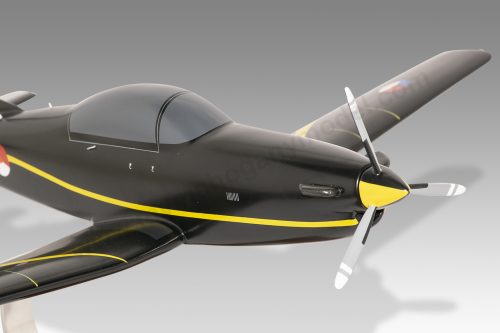
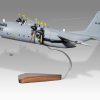
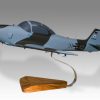
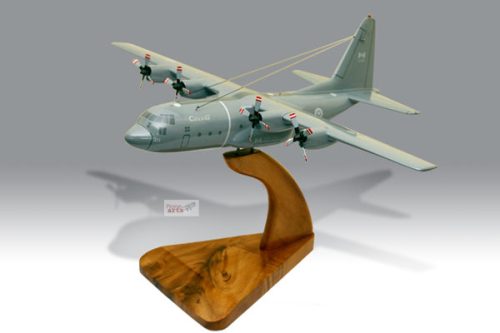
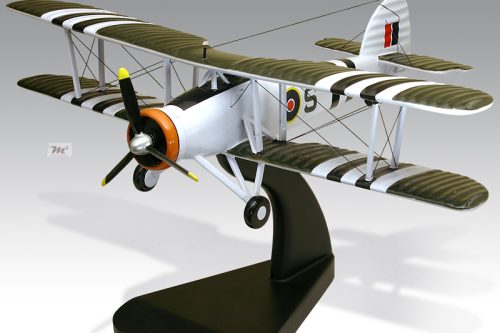
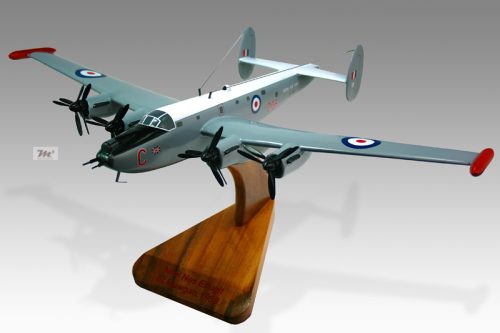
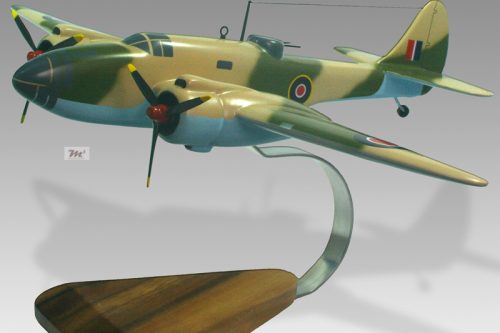
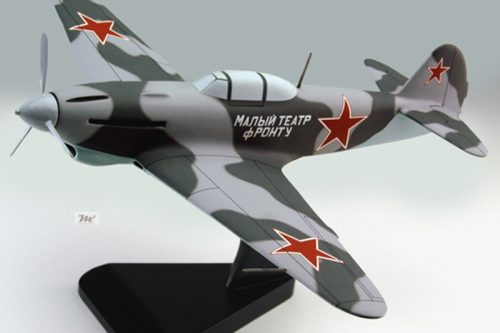
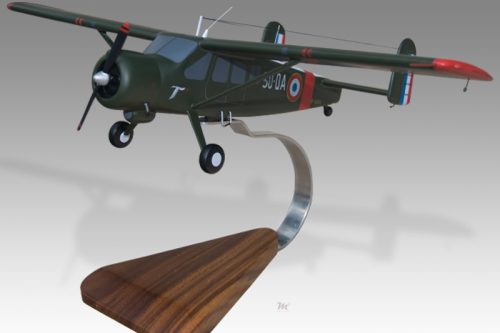
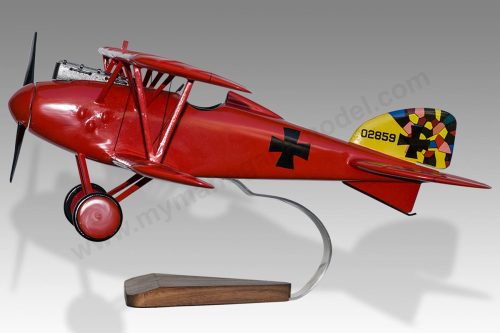
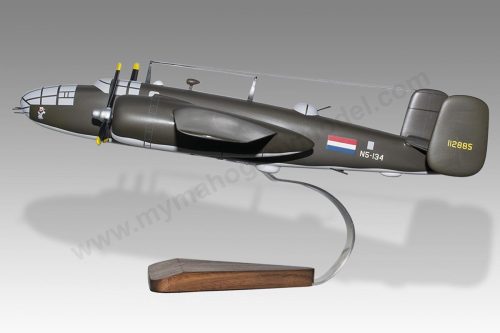
Reviews
There are no reviews yet.